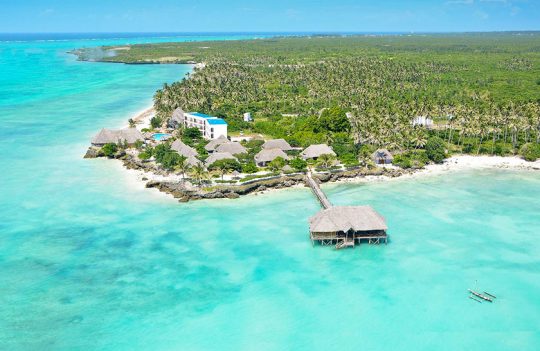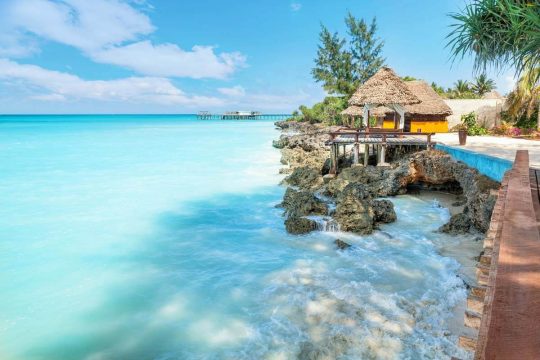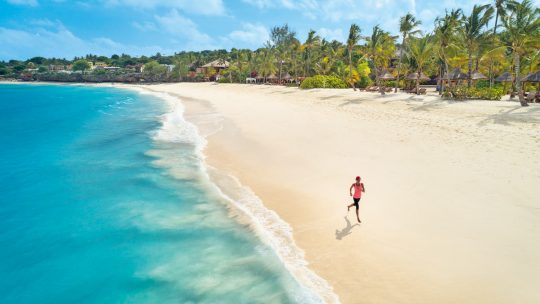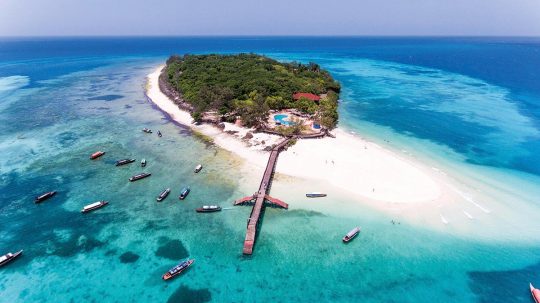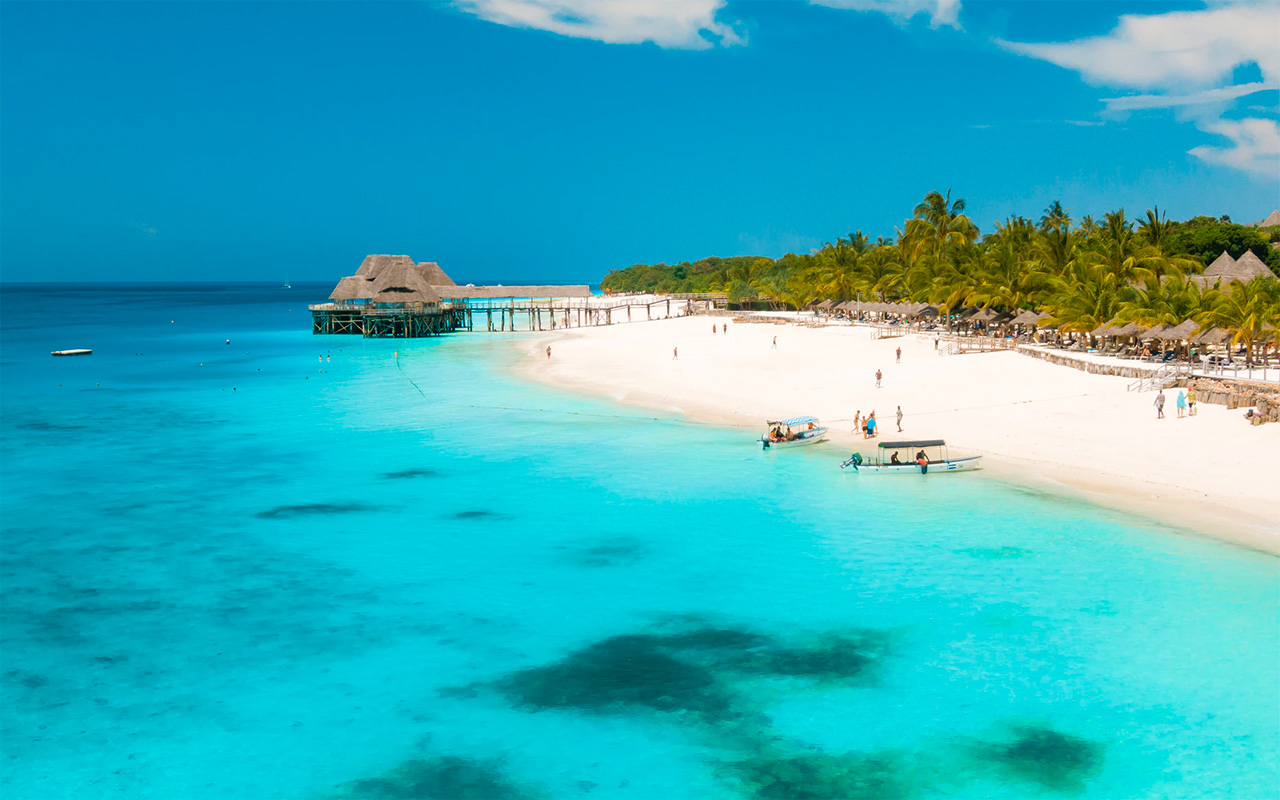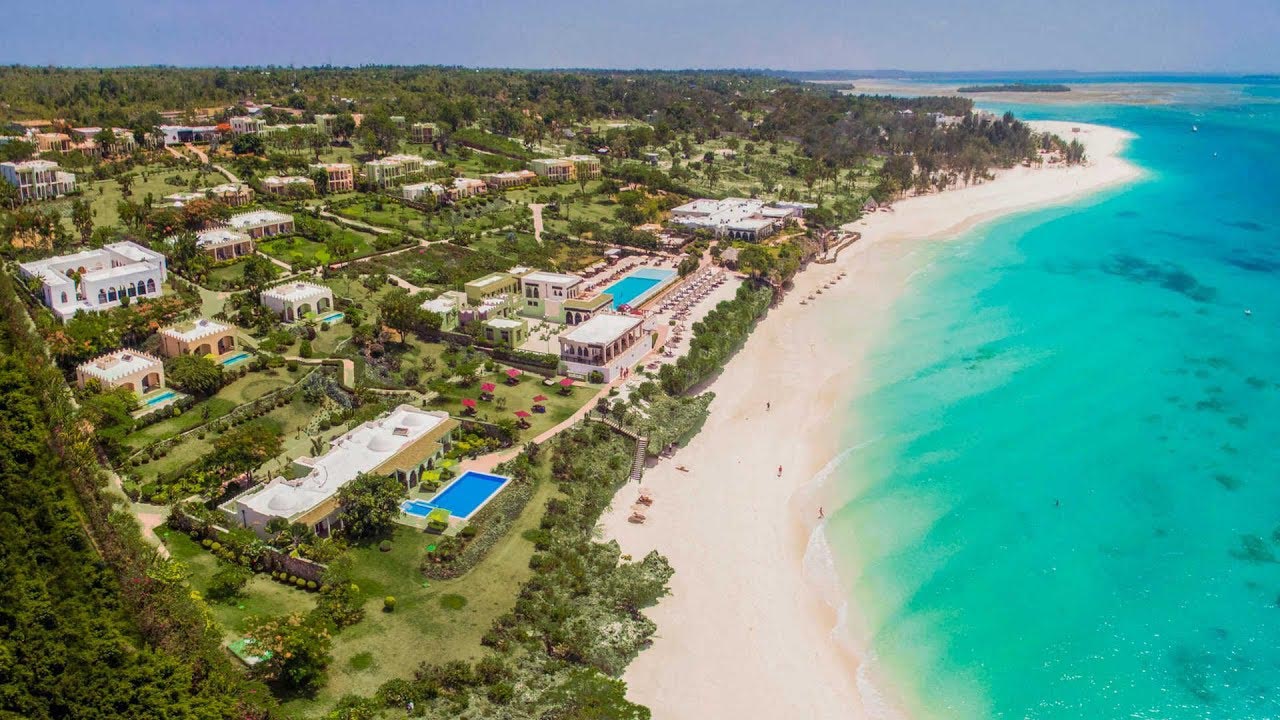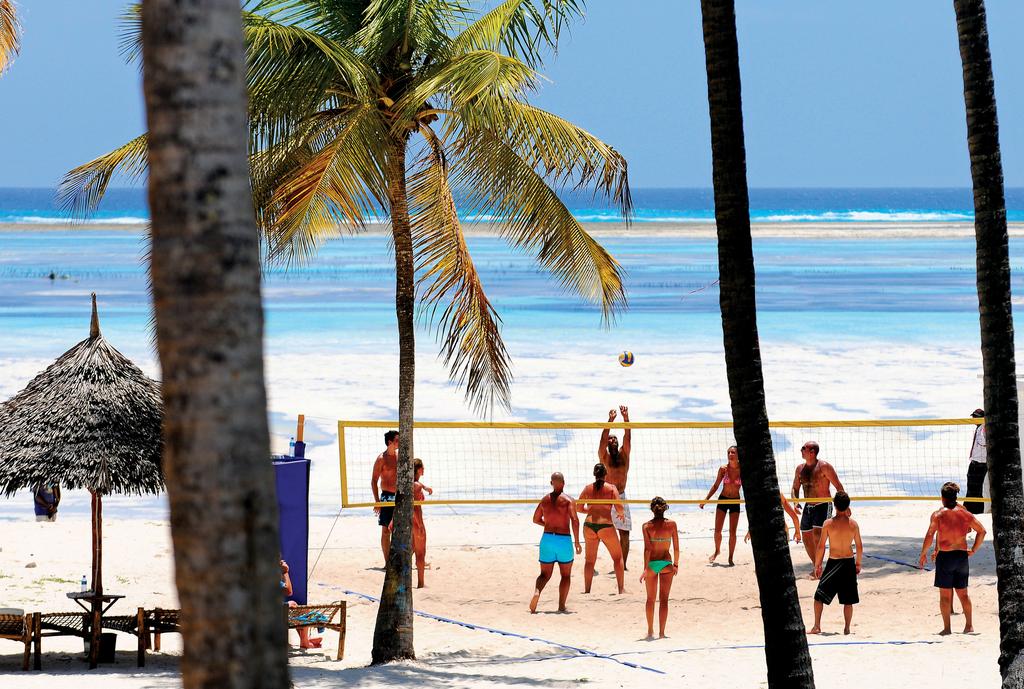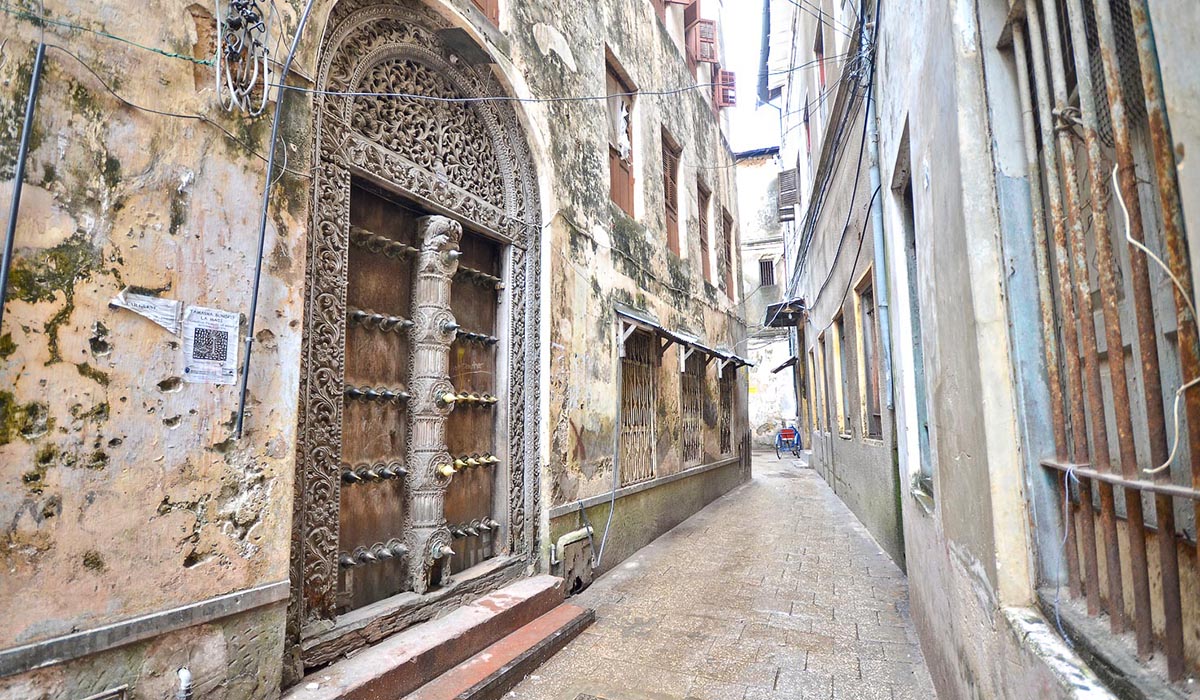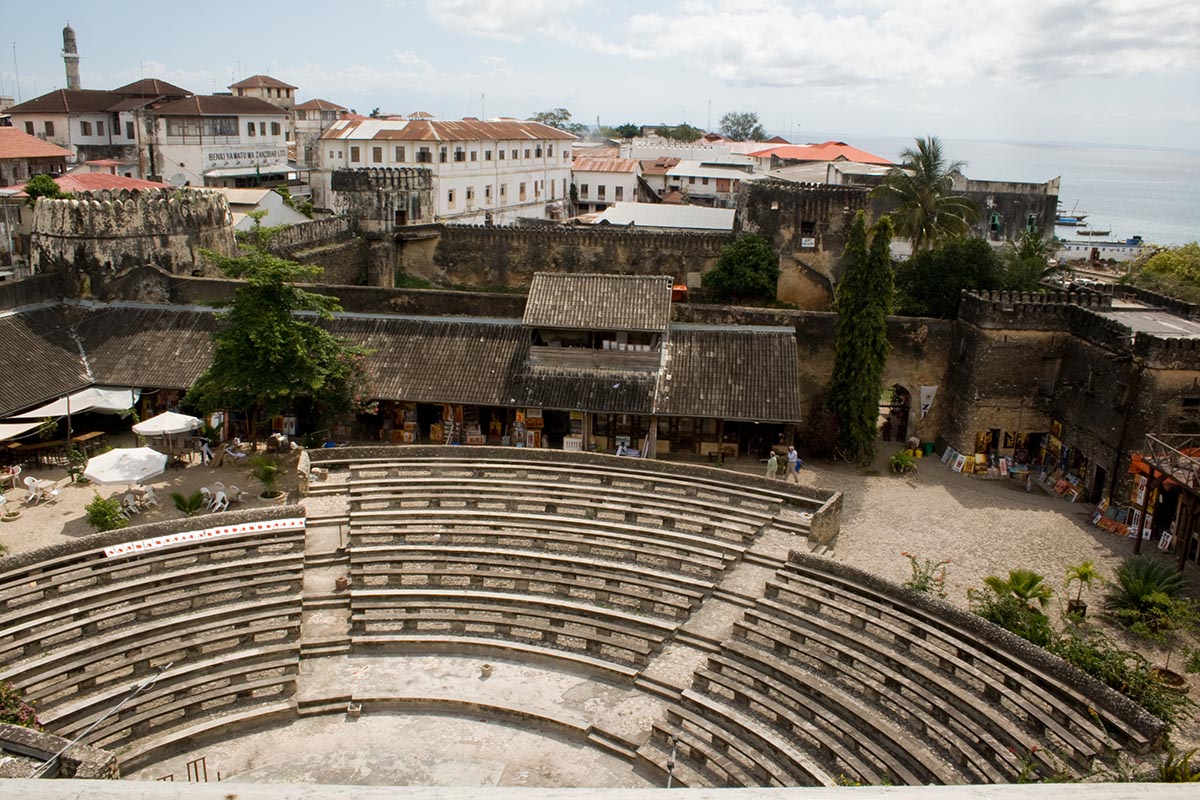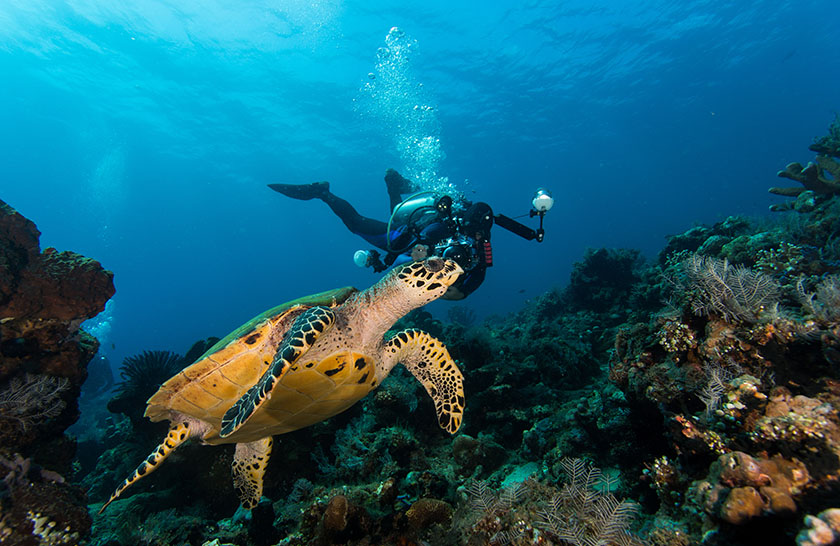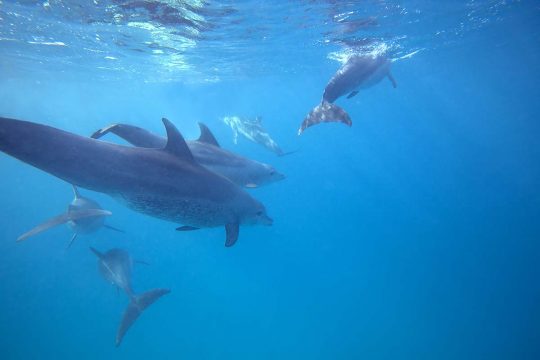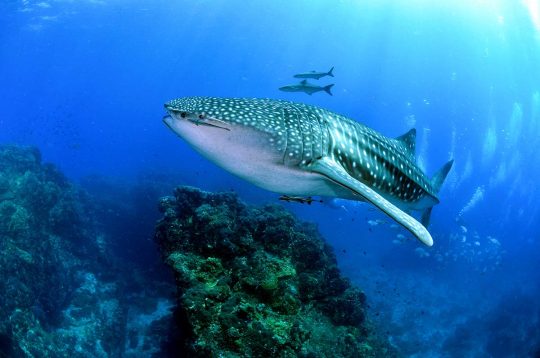Zanzibar Islands (Unguja & Pemba)
Set like a jewel in tranquil coral waters, only 20 minutes flight from Dar es Salaam, is one of the world‘s most beautiful islands – Zanzibar. Its name evokes a romantic past. To the shores of these islands came Summerians, Assyrians, Hindus, Egyptians, Phoenicians, Arabians, Chinese, Malaysians, and the Portuguese, all sailing in on Monsoon winds. From these shores the great European explorers Burton, Speke, Livingstone, Krapf, Rebman, and Grant set out on their voyages of discovery into the East and Central African hinterland.
The different races that have settled in Zanzibar over the centuries have left an imprint on the people and the architecture. The “House of Wonders” and the narrow streets of the Old Stone Town are just some of the vivid reminders of the island’s long and coloured history. Zanzibar is also the birthplace of the fascinating Swahili culture with its elegant architecture, full of balconies, courtyards, hand-carved doors and mosques. For centuries the historic spice Islands of Zanzibar have evoked a mystical and magical dream. Fascinating history, exotic spices, sandy beaches and hospitable people… this is the enchantment of Zanzibar. Different excursions are arranged while in Zanzibar.
These include taking visitors to spices plantations in the countryside where a variety of seasonal spices, tropical fruits and medicinal herbs are grown.
Detailed description of the spices is given, and their uses in cooking and cosmetics. Guests will be fascinated by the sheer number of spices produced, and by their incredible value for many ailments. This is also the cheapest place to purchase spices and oil extracts. Zanzibar is popularly referred to as the – Spice Islands. Another popular excursion is the Zanzibar Stone Town Tour which is literally a travel into history of this old capital of the Omani Sultans. Other excursions will include the old slave caves in Mangapwani, the prison island, ruins of what was the palace of the Sultan Said, the old slave market and many other historical places. Zanzibar is an archipelago consisting of two main islands of Unguja (also referred to as Zanzibar) and Pemba, and several other surrounding small islets.
Pemba island is located about 80km from Zanzibar Island (Unguja), about the same distance directly east of Tanga on the Tanzanian mainland. With its hilly landscape and altitude not exceeding 100 metres above sea level at its highest point, Pemba Island is by size smaller and a less known destination than Unguja. Named “The Green Island” by the early Arab sailors due to her dense and lush vegetation, Pemba has more natural forests, plantations and grows more cloves than her sister island of Zanzibar (Unguja) to the south. The interesting point about Pemba is its wealth of natural resources ranging from beaches to mangrove ecosystems to natural forests. The coral reefs surrounding the island protect a massive amount of marine species and offer some of the best diving spots in the world. While much of the coast is lined with mangroves, there are a few amazing stretches of shoreline and enough attractive offshore islands with pure, clean beaches and interesting bird-life.





